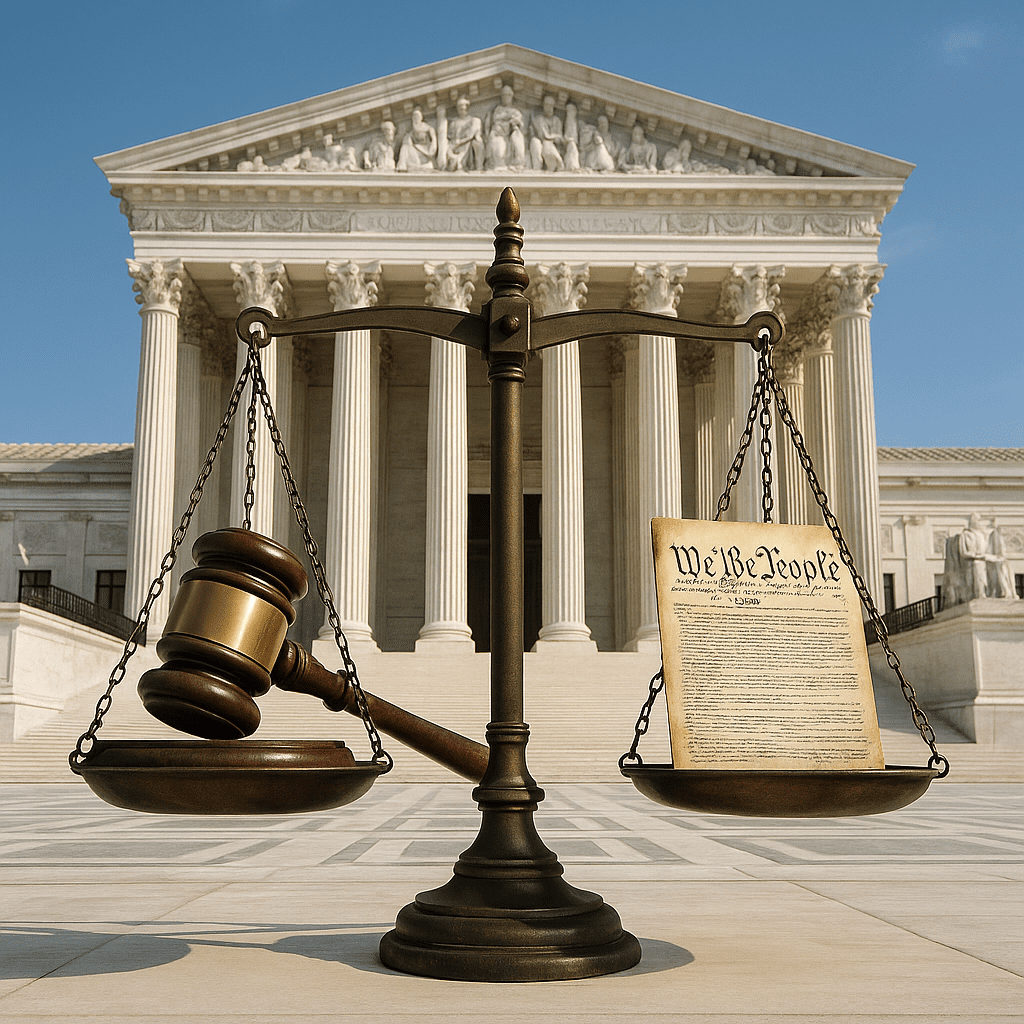The Trump administration has recently intensified efforts to address what it perceives as judicial overreach by implementing policies aimed at curbing the influence of activist courts. This initiative seeks to ensure that the judiciary adheres strictly to constitutional interpretations without encroaching upon the legislative and executive branches’ prerogatives.
A central component of this strategy involves challenging the authority of lower courts to issue nationwide injunctions that halt federal policies. The administration argues that such injunctions disrupt the implementation of democratically enacted policies and create a fragmented legal landscape. By contesting these broad judicial actions, the administration aims to streamline governance and reinforce the separation of powers.
In pursuit of this objective, the administration has also taken steps to scrutinize and, in some cases, revoke federal funding from organizations perceived to support judicial activism. For instance, the Department of Justice recently attempted to cancel grants awarded to the American Bar Association, citing concerns over the organization’s stance on certain legal issues. While this move underscores the administration’s commitment to its policy goals, it has raised questions about the potential impact on legal education and advocacy.
Additionally, the administration has proposed measures to expedite legal proceedings by considering the suspension of certain judicial processes, such as habeas corpus, in specific contexts. This approach is intended to enhance the efficiency of the legal system; however, it necessitates careful consideration to balance expediency with the preservation of fundamental legal rights.
While these initiatives demonstrate a proactive approach to reforming the judiciary, they also introduce complexities that require meticulous implementation. The administration remains committed to refining these policies to ensure they effectively address judicial overreach while upholding the principles of justice and constitutional governance.
—
Daniel Owens reports on education control, judicial activism, and federal influence over schools. He follows curriculum mandates and the legal trends shaping young minds.



